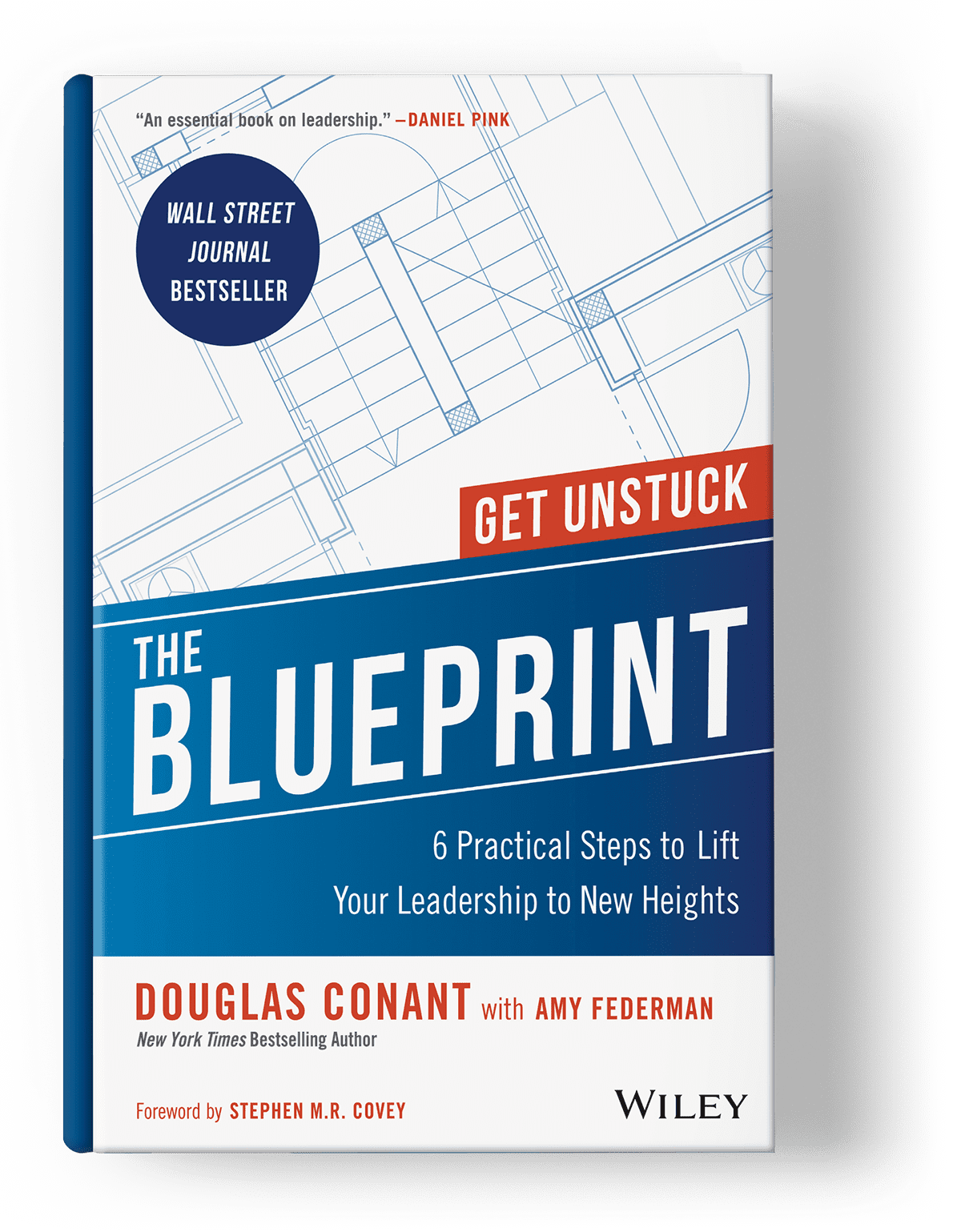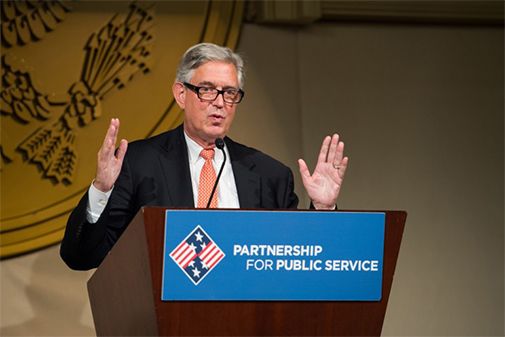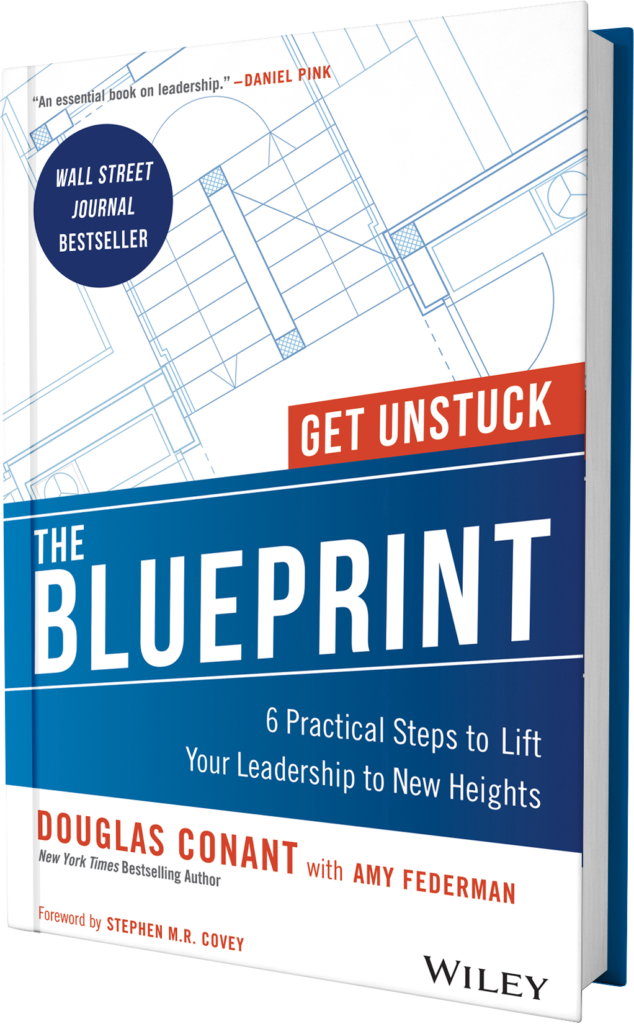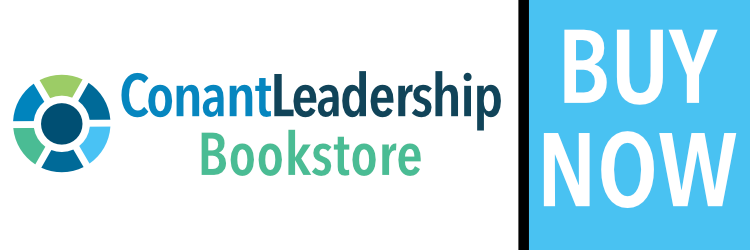Fascinating Leadership Links to Read Right Now
Today we dispatched the March 2021 edition of our Leadership That Works Newsletter, a curated digest of the most fascinating leadership links from around the web, sent at the end of each month. Topics covered in this month’s fascinating leadership links to read right now: beat burnout, make better decisions, solidarity and solutions from AAPI leaders, and more. As always, we’re sharing the articles from our newsletter here in case you’re not subscribed to our mailing list. If you find these links enriching, you can sign up to receive our newsletter here.
Fulfill Your Promise to Make Your Board More Diverse
Hybrid Work Is Here to Disrupt. Are You Ready?
“We’re on the brink of a disruption as great as last year’s sudden shift to remote work: the move to hybrid work—a blended model where some employees return to the workplace and others continue to work from home,” explains this comprehensive report and guide from Microsoft. Employers need to adapt quickly, because as the world shifts drastically, “over 40% of the global workforce is considering leaving their employer this year,” now that workers’ sphere of opportunity has expanded with remote opportunities. This means that “a thoughtful approach to hybrid work will be critical for attracting and retaining diverse talent.” To successfully meet this moment of disruption, organizations need to be aware of emerging trends such as leaders being increasingly out of touch with employees, high productivity masking rampant burnout, the fact that authenticity can transform work culture, and more. The good news is: now that “we are no longer bound to traditional notions of space and time to work together,” we can “set aside our long-held assumptions and shift our mental model to embrace extreme flexibility,” and the full report provides five strategies for rewiring your operating mode here.
**For more on this, check out our 3 guiding principles for leading remote teams
Solidarity & Solutions from AAPI Leaders
Rethinking Mentorship
The advice to “find a mentor” is ubiquitous, almost universally issued to young people as they pursue their chosen career. On its face, it’s an innocuous piece of advice, a no-brainer. But a new study covered in this interesting KelloggInsight piece pokes at the conventional wisdom around mentorship and offers fresh insights about what makes it successful and worthwhile to both parties—mentor and mentee. Traditionally, the assumption has been that a mentor’s value and primary role is to impart subject matter expertise. However, this study reveals that what really constitutes a “special sauce” for mentoring success is something that transcends mere expertise—”tacit knowledge” is the key, which is knowledge that goes beyond what the necessary skills are and enters the realm of how knowledge is applied: “how they brainstorm, how they interact with collaborators, and so on—knowledge that is difficult to codify and often learned by doing.” For better mentor relationships and outcomes, explore the full analysis here.
Make Better Decisions
“Sometimes success is just about avoiding failure,” advises this smart Farnam Street post on avoiding bad decisions. A powerful strategy for making better decisions is by simply avoiding ill-advised missteps. There are five big reasons people make bad decisions covered in the full post here—and one we found particularly resonant is the common mistake of failing to learn because “if you can’t learn, you can’t get better.” To truly learn from our experiences, “we must reflect” on how we react to our environment; no matter how busy we get, reflection must be part of the process because “only reflection allows us to distill experience into something we can learn from to make better decisions in the future.”
**For an engaging and immersive leadership development experience centered around a structured 6-step process for reflection and learning, join us at The BLUEPRINT Boot Camp by ConantLeadership, a 2-day leadership intensive which offers elite-level, highly interactive training with a community of your leadership peers: conantleadership.com/bootcamp
In Crisis, Leaders Must Connect
“Every day, as individuals and leaders, we’re experiencing and enduring the impact of multiple crises that will have lasting mental health effects,” explains this ATD article on how leaders can best show up for their teams. Now more than ever, leaders can’t brush past or circumvent the issues: “For too long, we have treated difficult conversations—conversations about diversity, equity, and inclusion, or mental health—as separate from the ‘real work’ we are doing,” but increasingly these types of dialogues are part of the “real work.” To foster deeper connections, leaders must create “psychological safety,” a term coined by Harvard Professor Amy Edmondson which refers to people’s ability to speak up, make mistakes, voice ideas, and offer suggestions without fear of retribution or ostracization. “As we start to think through what the next normal and future of work will demand from leaders, the focus will be around the most ‘human skills’,” and leaders can develop these skills and create psychologically safe cultures by being more curious, leaning into tough conversations, connecting more authentically, and more. Read the full article here.
**For more on this, read our five fundamentals of Effective Crisis Leadership
The Workplace of the Future
As hybrid work looms on the horizon and organizations are planning for their employees to return to work—at least part of the time—how are offices adapting their workplaces to accommodate the new world wherein many associates will only be coming into the office 1-3 days per week? According to this piece in The New York Times, we can expect “expanded gathering spaces and fewer personal workstations,” as “workplaces are being reimagined for activities benefiting from face-to-face interaction, including collaboration on projects and employee training.” Another thing that will be common is personal desks “being replaced with ‘hoteling’ workstations, also called hot desks, which can be used by whoever needs a place to touch down for the day.” Offices are also getting major technological upgrades to prepare for a largely remote workforce that will need to interface with in-office personnel—with many companies building conference rooms into “zoom rooms” with multiple screens, microphones, and cameras. Read all about what’s coming to the workplace in the full piece here.
Posts & Insights from ConantLeadership
How to Build Trust Post-Pandemic
3 Ways to Improve Your Cultural Fluency
“Cultural fluency in leadership is critical for building trust, and is a competency that has been linked to financial performance, out-of-the box thinking, and increased productivity. So why don’t more corporate leaders possess this skill?” ask authors Jane Hyun and Doug Conant in this timely 2019 Harvard Business Review piece. They continue: “For leaders to engage their workforce to deliver maximum value, they must learn how to fully utilize the talent of all employees, not just those who are similar to themselves.” Learn how to improve your cultural fluency in the full piece here.
CEOs Must Find Their Courage
February’s Leadership That Works Newsletter
In last month’s newsletter: Forget perfection, rethink ‘imposter syndrome,’ understanding ‘zoom fatigue,’ and more.
Enjoyed these links? Explore our suite of leadership resources here, sign up for one of our 2021 virtual BLUEPRINT Boot Camps here, or join our mailing list here.
“The Blueprint is a rare offering with perfect timing.”
– Amy Edmondson, Novartis Professor of Leadership and Management at Harvard Business School
Start your Blueprint journey by downloading the first chapter free: https://start.conantleadership.com/the-blueprint/
(Cover Photo by Nathan Dumlao on Unsplash)

“Doug Conant is remarkable—and so is this work.“
– Stephen M. R. Covey
Author of The Speed of Trust

The Blueprint
6 Practical Steps to Lift Your Leadership to New Heights
By Douglas Conant with Amy Federman

Have Doug Speak at Your Event
Doug works collaboratively with event organizers to customize his material for each audience.




0 Comments